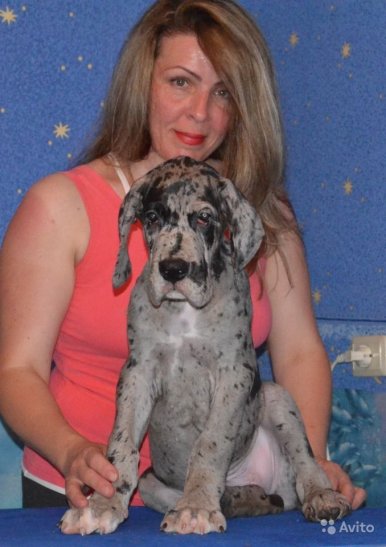King's Dog To Buy

I don't know. Mobilities?
#NewsAppsStudio
Significant changes were made to Swedish consumers after banking applications became available. Swedish stores have the right to refuse to service customers if they want to pay cash purchases, and the total amount of transaction in pests that occurs with cash and falls to negligible 20%.
The first banknotes in Sweden
According to John Henley, in late 1661, the Stockholm Bank, an ancestor of the current Central Bank of Sweden, had, for the first time in European history, been emulating the first paper money on the continent. The banknotes of that century looked like thin rectangular paper pieces with watermarks on them, the bank ' s own print, and the manuscript signatures of the leaders of that time.
Already, in 2015, the Scandinavian country issued new banknotes on the cultural figures of the past century. The cash banknotes show the writer Astrid Lindgren, the actress of Greta Garbo and director Ingmar Bergman. However, despite these attempts, Sweden follows the example of neighbouring countries, in particular Finland, Norway and Denmark, and also seeks to create a society that is free of paper.
Swedish stores refuse to accept cash
According to Louise Henriksson, she no longer uses ordinary cash, as her country does not actually need them. Some stores refuse to accept money, and in many banking establishments, they also do not. Now, in order to buy yourself a stove of conventional chocolate, you need to use a bank card or your gadget.
Denial of available treatment is the blessing of the State
As the English publication informs, Swedish companies have long been encouraging the non-payment of cash. There's no way to get a ticket to the subway today without a map or a gadget. Ritalers have the full right to refuse to purchase a product if it is purchased for paper money in this case. The same is true of street vendors. Even the church of its parishes is increasingly recommending victimization through bank cards.
According to the data of the Central Bank of Sweden, transactions involving cash were less than 2 per cent of the total transaction market in the past year. As the regulator assumes, this indicator will be kept to a minimum by 2020 and will be small by 0.5 per cent.




